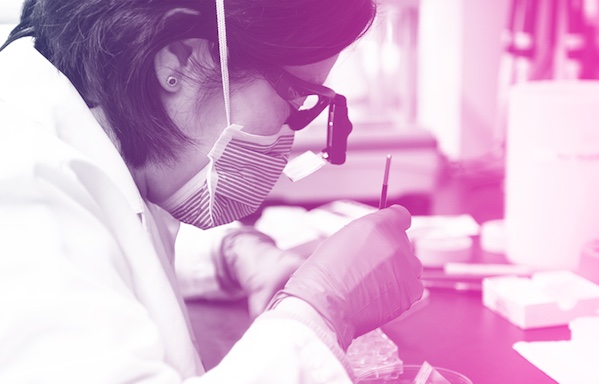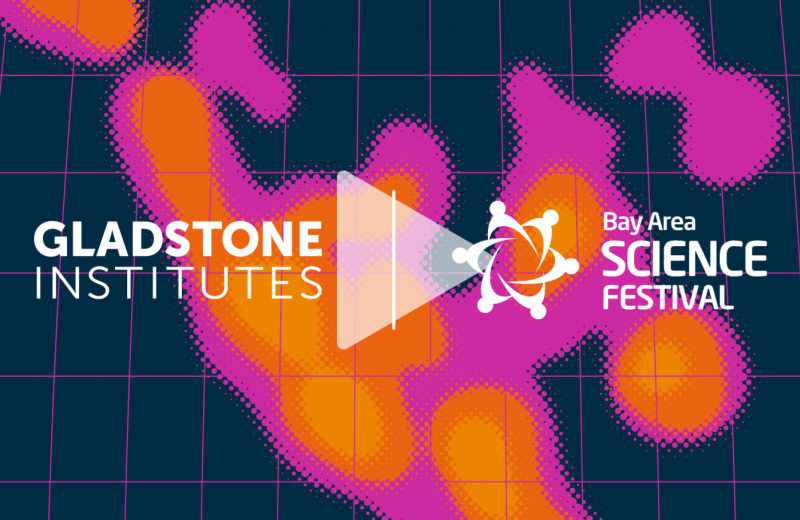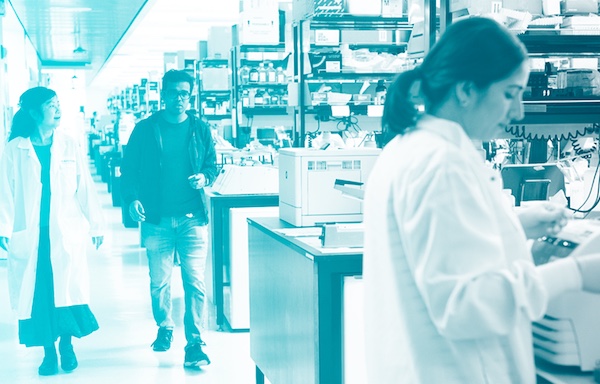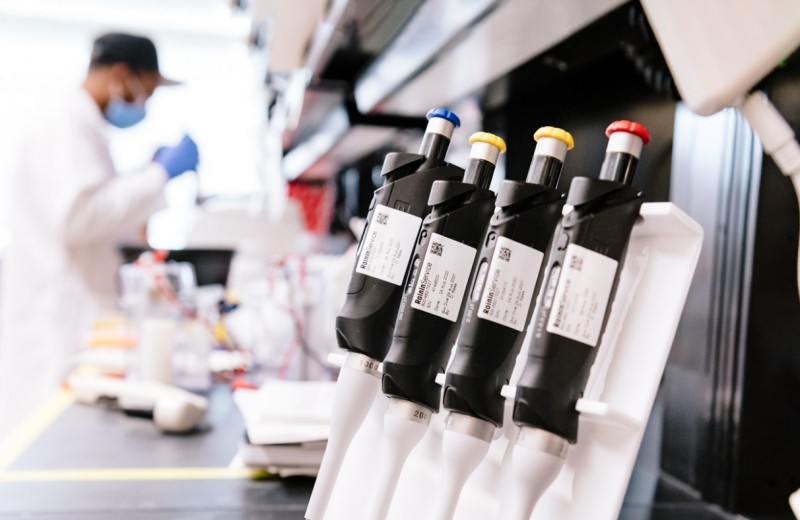Does COVID-19 Result in Lasting Immunity? Growing Evidence Says Yes
Does COVID-19 Result in Lasting Immunity? Growing Evidence Says Yes
San Francisco Chronicle—Associate Investigator Nadia Roan, PhD, comments on recent findings by her group and others that COVID-19 patients retain immune cells against the new coronavirus for several months after infection, which bodes well for the ability of vaccines to provide lasting protection against the disease.
Gladstone Experts COVID-19 Infectious Disease Roan Lab






